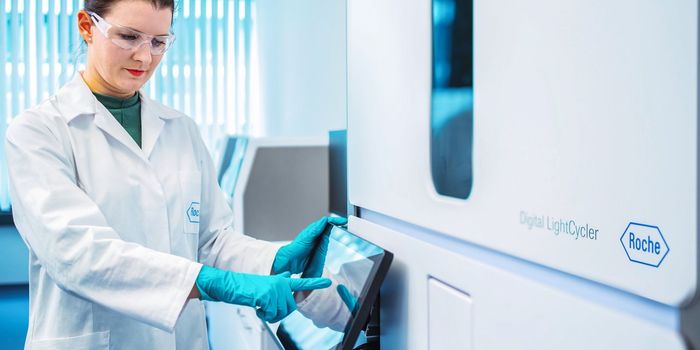As soon as a woman becomes pregnant, her doctor will likely prescribe prenatal vitamins to help ensure the mom-to-be and her baby are getting enough nutrition. But according to a new study, prenatal vitamins or multivitamins that contain more than just folic acid and vitamin D do not impart any additional health benefits. In fact, the authors are calling some pregnancy multivitamins “a waste of money.”

The study analyzed data from previous research on how nutrients affect pregnancy outcomes.
Published in the journal
Drug and Therapeutics Bulletin, the authors wrote: “We found no evidence to recommend that all pregnant women should take prenatal multinutrient supplements beyond the nationally advised folic acid and vitamin D supplements, generic versions of which can be purchased relatively inexpensively.”
While the authors seemingly oppose multivitamins, it’s important to reiterate that they strongly advocate two vitamins: folic acid (also known as folate), and vitamin D. This is, of course, in addition to a well-balanced diet.

Folic acid has some of the strongest evidence supporting its role in a healthy pregnancy. The discovery of this link dates back to 1928 when Lucy Wills found that marmite - a yeasty food spread rich in folate - drastically reduced the incidence of anemia, especially in women after childbirth. Subsequently, researchers found that women deficient in folate had an increased risk of giving birth to babies with neural tube defects. By contrast, folate supplements could reduce the risk of these birth defects by as much as 70 percent. As the evidence for folic acid benefits were so overwhelming, the compound became a standard supplement for pregnant women.
The evidence for vitamin D is less robust, but evidence suggests this supplement can help boost bone health for mother and baby. Some research even suggests vitamin D during pregnancy may help to prevent rickets in infants.
"We would encourage women who are pregnant or are thinking of becoming pregnant to have a healthy, varied diet including fresh fruit and vegetables, alongside taking folic acid supplements,” said Janet Fyle, a health expert from the Royal College of Midwives.
But are pregnancy multivitamins really worthless? Should pregnant women abandon multivitamins in favor of two specific ones? Some doctors from the American College of Obstetrics and Gynecology (ACOG) don’t agree. In particular, they point out that some pregnant women’s diet may not contain all the nutrients she should consume. In certain regions of the U.S., for example, the typical diet is poor in iron, a nutrient that prevents anemia. Thus, multivitamins may help bridge a nutrient gap for these women.
Scott Sullivan, the physician and spokesperson for ACOG also reasoned that while multivitamins may not show direct benefits for the pregnancy, there aren’t evidence against this practice either. And if cost isn’t an issue, taking multivitamins during pregnancy isn’t so bad, in his book.
Additional source:
BMJ press release,
BBC,
Time

 Folic acid has some of the strongest evidence supporting its role in a healthy pregnancy. The discovery of this link dates back to 1928 when Lucy Wills found that marmite - a yeasty food spread rich in folate - drastically reduced the incidence of anemia, especially in women after childbirth. Subsequently, researchers found that women deficient in folate had an increased risk of giving birth to babies with neural tube defects. By contrast, folate supplements could reduce the risk of these birth defects by as much as 70 percent. As the evidence for folic acid benefits were so overwhelming, the compound became a standard supplement for pregnant women.
Folic acid has some of the strongest evidence supporting its role in a healthy pregnancy. The discovery of this link dates back to 1928 when Lucy Wills found that marmite - a yeasty food spread rich in folate - drastically reduced the incidence of anemia, especially in women after childbirth. Subsequently, researchers found that women deficient in folate had an increased risk of giving birth to babies with neural tube defects. By contrast, folate supplements could reduce the risk of these birth defects by as much as 70 percent. As the evidence for folic acid benefits were so overwhelming, the compound became a standard supplement for pregnant women. 







